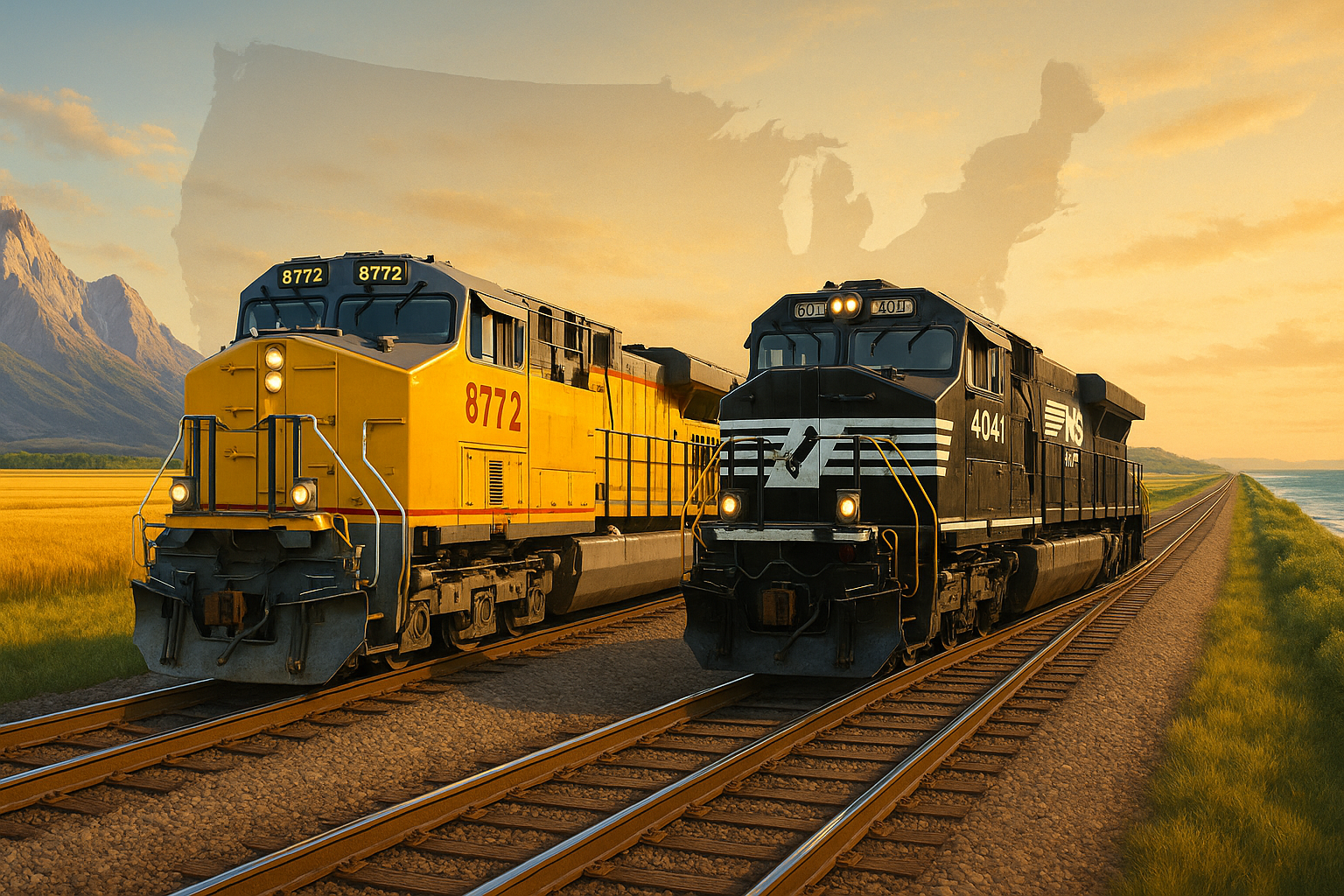In what's being called the railroad deal of the century, Union Pacific announced yesterday it's buying Norfolk Southern for a whopping $85 billion. I've been following the railroad industry for years, and I have to say - this is a game-changer that will create America's first true transcontinental railroad network.
The combined company will operate over 50,000 miles of track (that's enough to circle the Earth twice!) and fundamentally reshape how goods move across our country. It's not just about creating a bigger railroad; it's about building a more efficient transportation system that could actually help reduce those frustrating highway backups we all hate.
Union Pacific is paying $320 per share - about 25% above Norfolk Southern's closing price last week. That's a hefty premium, but executives clearly believe the strategic benefits justify the cost. The merged company will be valued at more than $250 billion, making it one of America's most valuable transportation enterprises.
"This merger represents a once-in-a-generation opportunity to create a truly national rail network," said Union Pacific CEO Lance Fritz during yesterday's investor call. "By connecting our western routes with Norfolk Southern's eastern network, we'll eliminate interchange delays and dramatically improve transit times."
For shippers of commodities like lumber, plastics, and copper, this could mean faster deliveries and more reliable service. The companies are promising expanded intermodal routes - those truck-to-train connections that help reduce carbon emissions while moving goods efficiently.
But - and there's always a but with these massive deals - regulatory approval won't be a cakewalk. The Surface Transportation Board and Department of Justice will put this merger under the microscope, examining potential competitive impacts. Union Pacific executives expect the review process to take until early 2027 (yes, nearly two years from now).
Labor unions have expressed concerns about potential job cuts, though Union Pacific has pledged to preserve union positions. In my experience covering previous railroad mergers, these workforce promises often face significant pressure once integration begins.
The implications extend beyond our borders too. This deal could reshape global supply chains and influence how railroads operate worldwide. As someone who's watched the industry evolve over decades, I think this represents the most significant transformation of American railroads since the Staggers Rail Act deregulation in 1980.
Will passengers benefit? That remains unclear. While the focus is primarily on freight, the combined network might eventually support expanded passenger service - though I wouldn't hold my breath waiting for high-speed rail anytime soon.
